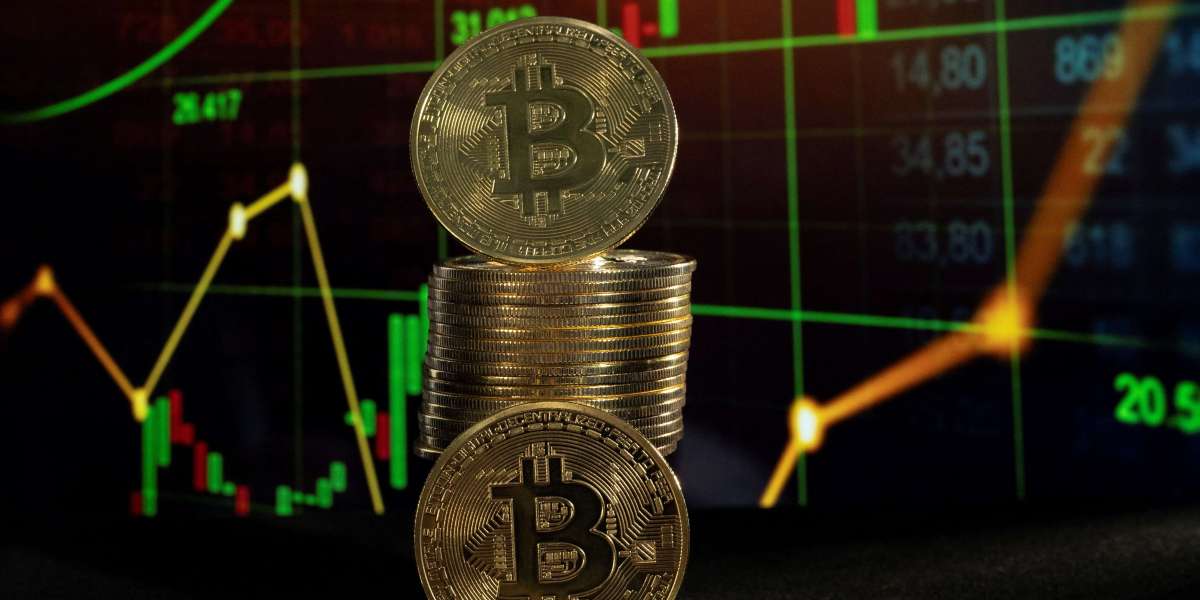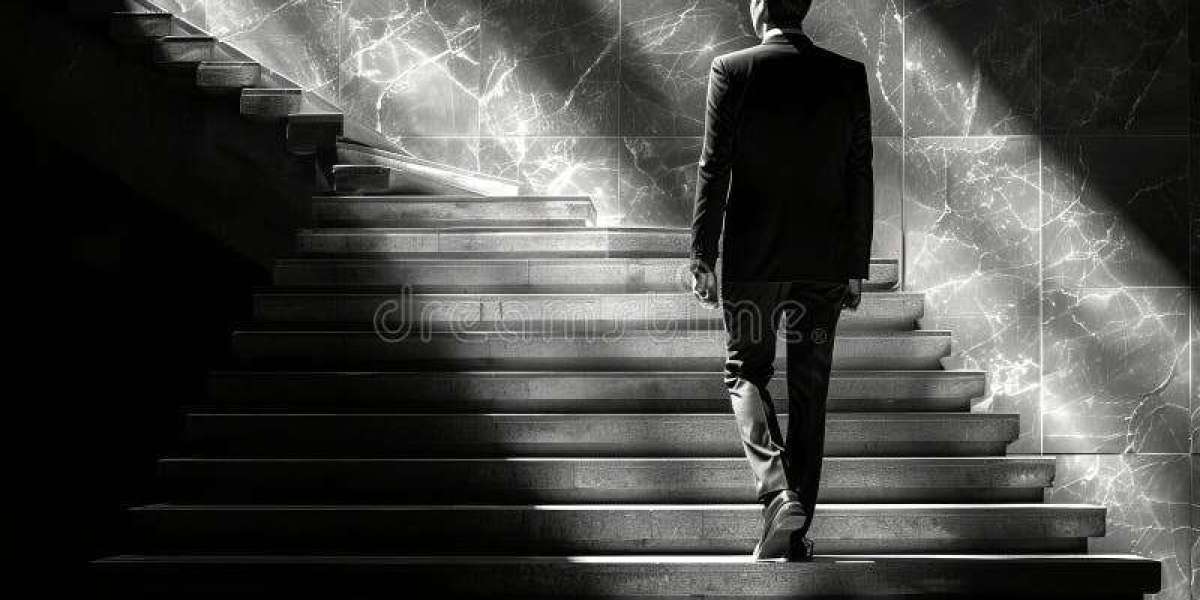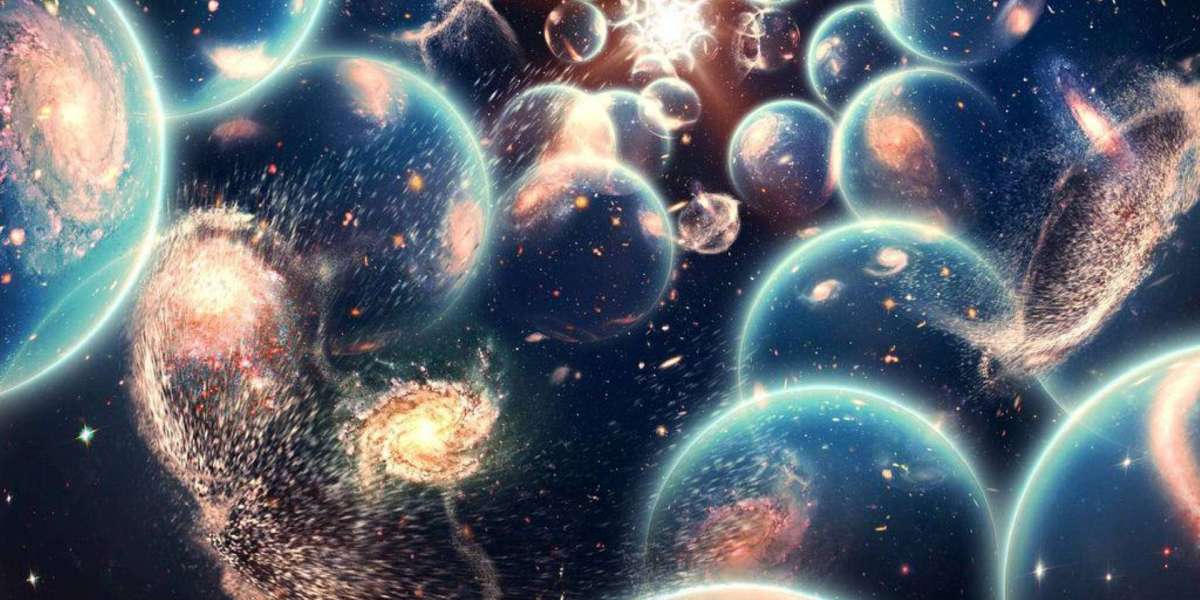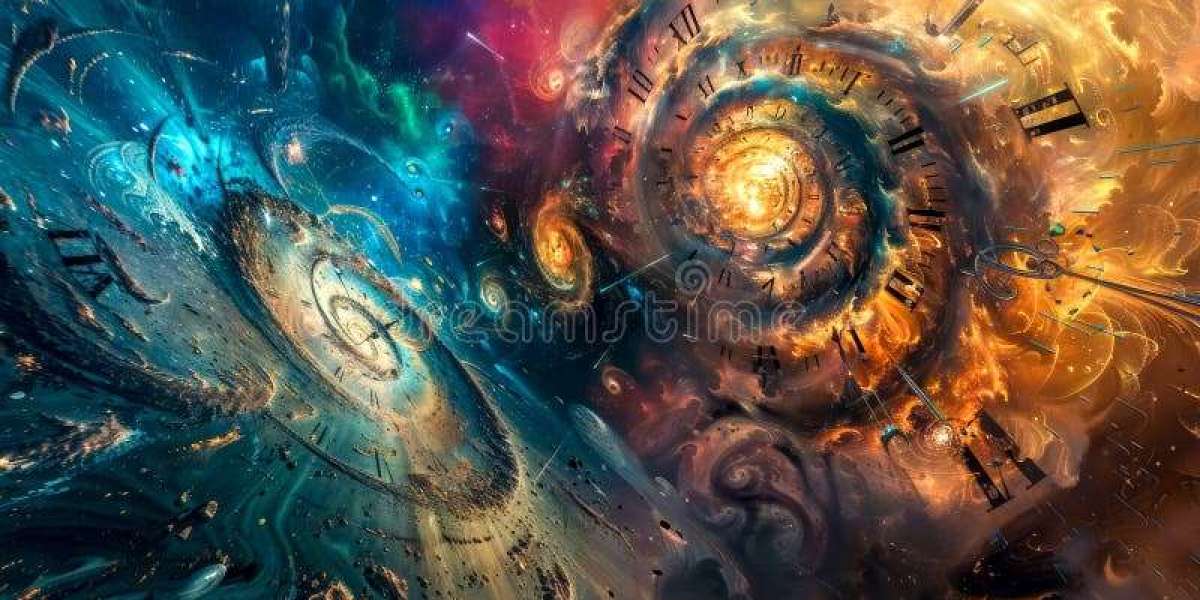The question of what happens after death has been pondered by humans for millennia, and it remains one of the most profound mysteries in life. Various cultures, religions, and philosophies offer diverse perspectives on this topic, but science generally provides a more materialistic explanation based on biological processes.
Biological Perspective
From a scientific viewpoint, death occurs when the body ceases to function. This can happen due to a variety of causes such as heart failure, brain death, or trauma. Once the heart stops beating, blood circulation halts, depriving organs of oxygen and nutrients. This leads to the failure of cellular functions and the gradual breakdown of the body’s systems.
The process can be broken down into several stages:
Clinical Death: The moment when the heart stops beating and breathing ceases.
Biological Death: The irreversible cessation of all vital functions, including brain activity.
Post-mortem Changes: After death, the body undergoes various physical changes, such as rigor mortis (muscle stiffening), decomposition, and the eventual return of the body’s components to the earth.
Religious and Spiritual Perspectives
Many religions propose that death is not the end, but rather a transition to another existence or state. Here's a brief overview of several major beliefs:
Christianity: Christians generally believe in an afterlife where the soul either ascends to Heaven or descends to Hell, based on one's faith and deeds during life.
Hinduism: In Hinduism, death is seen as part of a cycle of birth, death, and rebirth known as samsara. The soul (atman) is believed to be immortal, and after death, it is reincarnated in a new body, influenced by the karma accumulated in previous lives.
Buddhism: Similar to Hinduism, Buddhism teaches about samsara and reincarnation, but emphasizes achieving enlightenment (nirvana) to escape the cycle of rebirth.
Islam: Muslims believe that after death, individuals are judged by Allah, and their souls are sent to either Paradise (Jannah) or Hell (Jahannam) based on their deeds, faith, and actions during their lifetime.
Other Beliefs: Various other cultures and belief systems have their own unique views on the afterlife, including ancestor worship, spiritual realms, or the idea of achieving unity with the universe.
Near-Death Experiences
Some individuals report experiences during moments of clinical death or extreme trauma, known as near-death experiences (NDEs). Common elements of NDEs include feelings of peace, encounters with deceased loved ones, and a journey through a tunnel towards a bright light. While these experiences are often interpreted as spiritual encounters, some researchers suggest they could be caused by chemical reactions in the brain during trauma or a lack of oxygen.
The Uncertainty of the Afterlife
Despite the wealth of religious, cultural, and anecdotal accounts, there is no definitive evidence proving or disproving the existence of an afterlife. The question of life after death remains a deeply personal and philosophical one, shaped by individual beliefs, experiences, and faith.
In conclusion, what happens after death is a topic of great mystery and speculation. For some, it may be a spiritual continuation, while for others, it marks the end of consciousness and existence. Until definitive answers are found, the question will continue to be a central aspect
of human inquiry.





